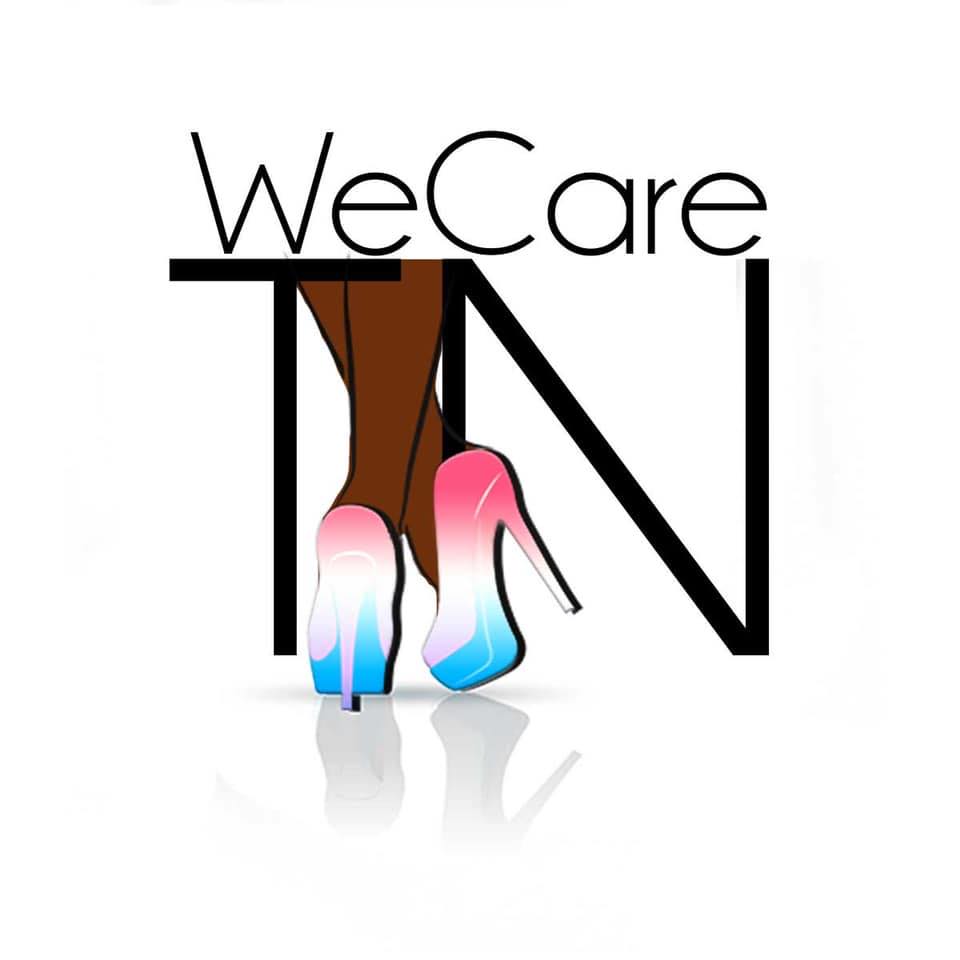OUTMemphis’ newest microgrant program aims to help transgender, nonbinary, and gender-expansive individuals with non-emergency and gender affirming resources.
According to the organization, the Uplift Fund will “provide $500 grants for individuals who identify as transgender, nonbinary, or gender expansive who are 18 and older, to support unique financial barriers to opportunity, or, simply, a lift up in Shelby, DeSoto, Crittenden, Tipton and Fayette counties.”
Some of the “non-emergency” needs include career or education advancement, investment in physical and mental health and well-being as well as legal expenses and “similar expenses.”
“The program will not cover everyday expenses like food and rent, and participants will be asked to provide narrative feedback on their experiences up to six months after receiving the grant,” the organization said in a statement. “ The program is funded in perpetuity for 12 grants per year thanks to a significant contribution from Lena Chipman and Amanda Banker.”
Molly Quinn, executive director of OUTMemphis said they have witnessed transgender individuals defy discrimination daily, and this grant is in response to these obstacles.
“Knowing the barriers trans people face in the Mid-South, we believe mutual aid is an act of resistance,” Quinn said. “The Uplift Program connects resources directly to individuals by their peers. Transgender individuals deserve the same access to opportunity and stability as all – and they know best what they need.”
TaMesha Kaye Prewitt serves as the trans services manager for OUTMemphis said that the need for this program is in response to things she has seen in her five-to-six months in her official role, as well as her perspective of the transgender community.
“We’ve needed this help,” Prewitt said. “Now somebody has finally put help into place.”
Prewitt is aware that they “can’t make everybody happy,” but she said there was a dire need in the community for support and funding, and that people come to her every day in hopes of finding funding for their unique expenses.
“You name it, I’ve heard it,” Prewitt said. “Things that I’ve seen on my own, things I’ve needed myself, have all been topics of conversation.”
According to Prewitt, people in minority communities already face discrimination and ostracization in society, making everyday activities such as shopping more difficult. She said the mircrogrants can help minimize these difficulties while also helping with some of the needs that are unique to the individual.
“I have trans women who come to me who are sex workers,” Prewitt said. “We can’t judge somebody for what they do, but we want to give you harm-reducting ways to do it.”
Prewitt said when granting rewards they are looking for transgender individuals as well as those suffering from the HIV epidemic. They are also looking for nonbinary individuals and Black trans women, who Prewitt said get the “short end of the stick” most of the time.
Those interested in applying can contact OUTMemphis at info@outmemphis.com or at 901-278-6422.

